I settle into my chair, a fresh cup of coffee on the arm, my laptop actually on my lap and I begin reading. It’s the Monday morning when report cards are due and each one has to be read by an administrator, so I stay home so I can read without distractions or the inevitable interruptions at school.
This year I read 12 of the 18 sets so that comes to…about 273 report cards. I take a look at the picture at the top to learn a few more names, catch a few errors (and probably miss a few), and make some rewording suggestions for improved clarity. Mostly, it is another way for me to get a sense of what is happening in the classrooms, which students are struggling and which have made significant progress. In some cases, that is the same student.
All about the journey
During that process, some themes and observations come out. Here are some things I noticed this year:
- Teachers care deeply about each student and are blessed by them. Most reports start with a comment or two on what strengths of character the student brings to the classroom community.
- Learning is a journey. That may seem obvious, but report cards are reflecting it more. Report cards used to be seen almost exclusively as a summation of what the student has achieved during the most recent program of study. That aspect still exists, but the focus is more on the progress that has been made, what areas are developing and what needs attention.
- Learning is collaborative. Report cards speak to the individual child, but more and more I read comments and outcomes that put the learner in the context of collaborative experiences. This goes beyond the “group project” that happens occasionally, but ongoing collaboration that happens in a variety of learning situations.
- Learning is less about content and more about skills such as critical and creative thinking. I think of one set that commented on an opinion piece that students wrote on “making room for others” as part of a unit on immigration.
Not just the ABCs
All this has implications for how we can best report on student learning. Some discussions that are happening include eliminating letter grades. At ACS and in the larger educational community, the grades are seen as somewhat arbitrary in terms of what do they actually mean to different people, and really are about a static declaration of achievement. There also is a move towards ongoing reporting focused on students sharing their learning on an ongoing basis rather than teachers putting out a report at set times in the year.
Ultimately, I see these observations as examples of how we are putting specifics on what it means to engage minds, nurture hearts and shape God’s world.
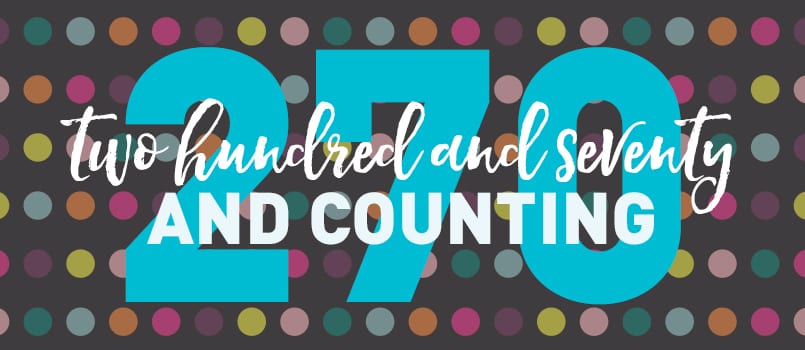
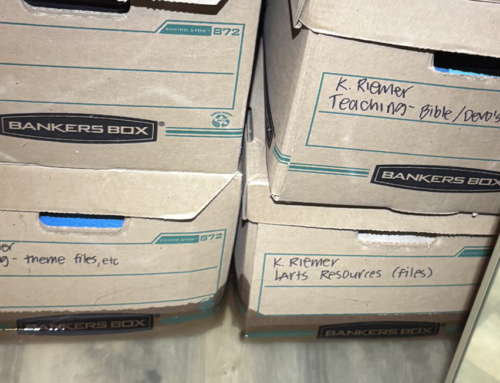
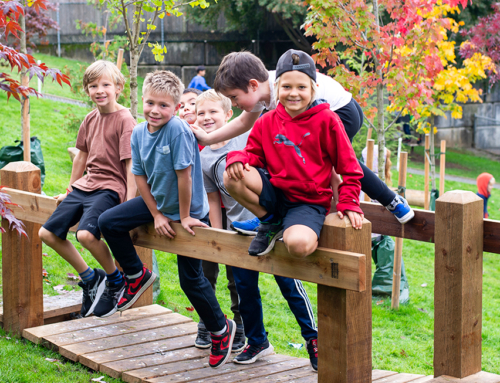

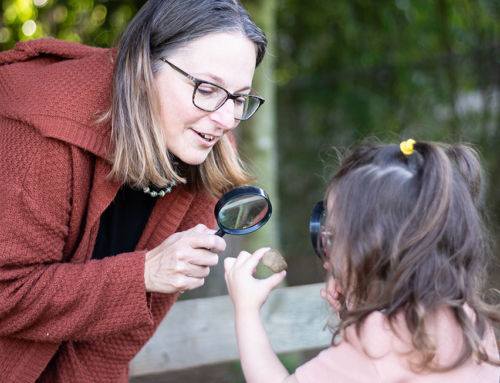
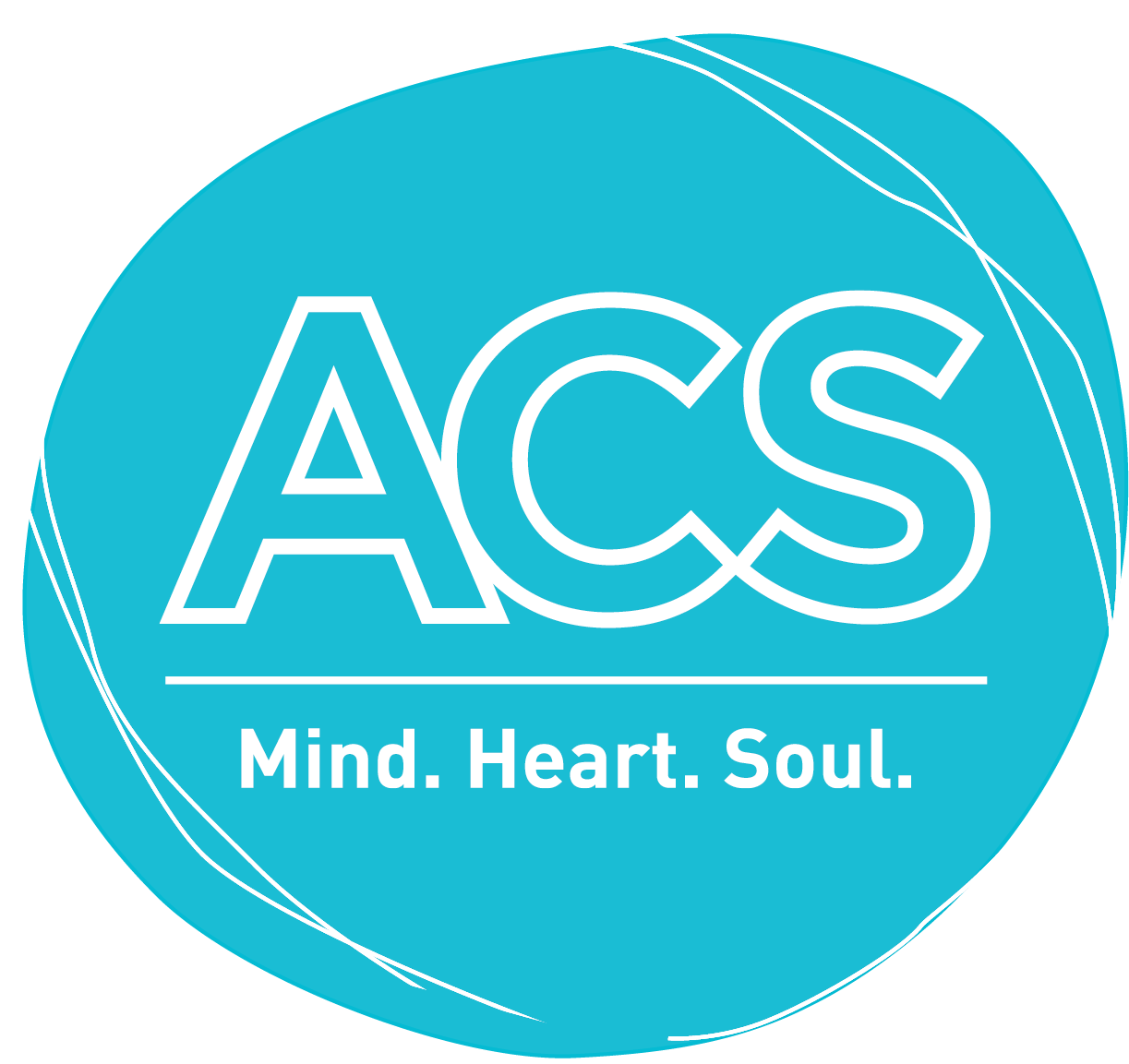
WHAT DO YOU THINK?